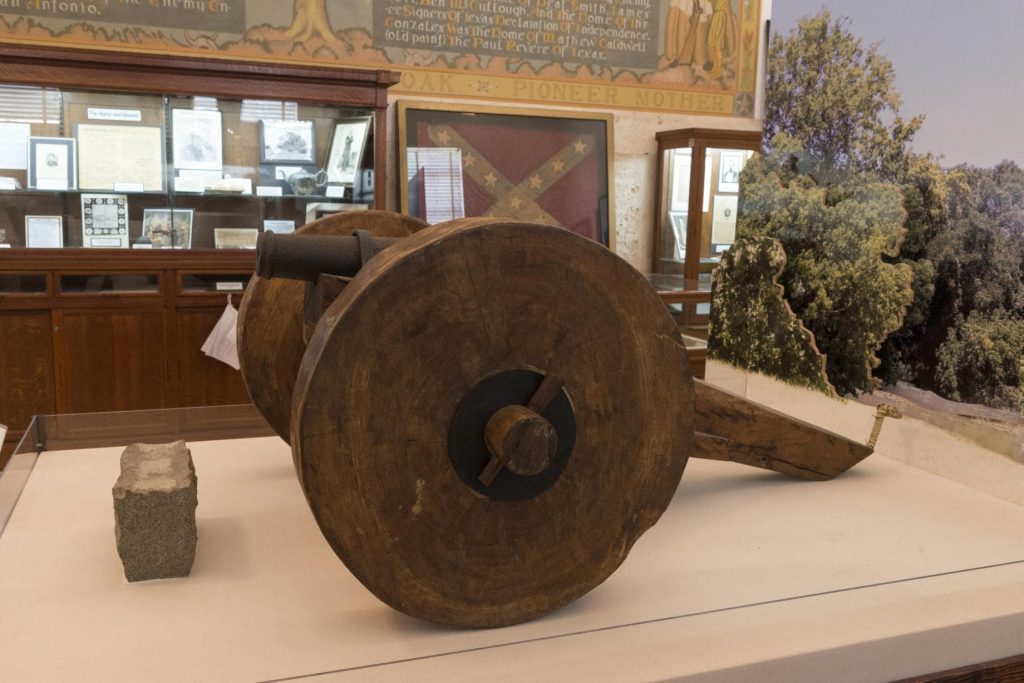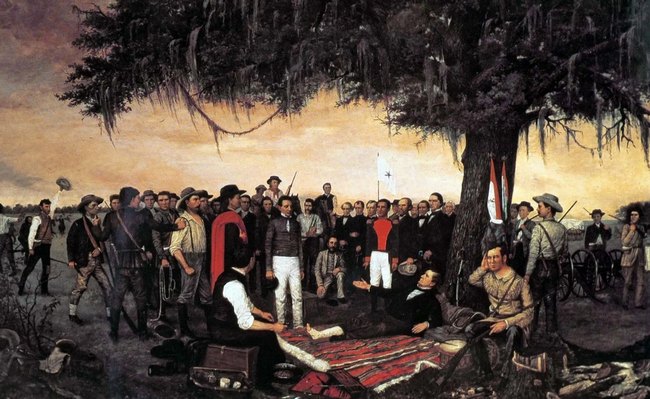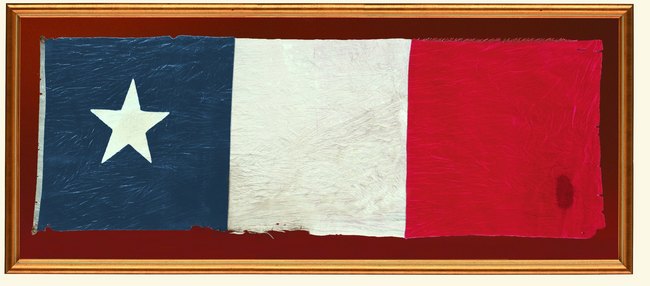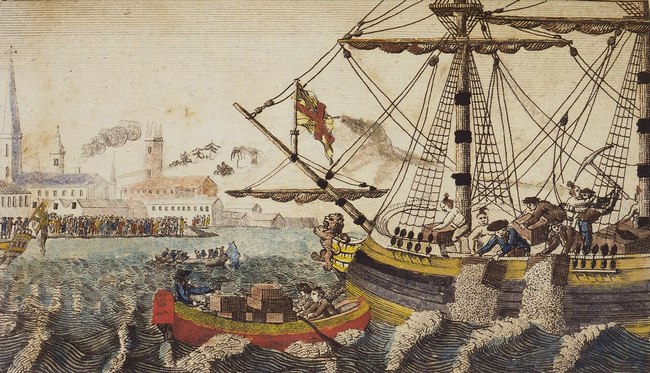
Let’s talk about the events leading up to the American Revolution. What caused the tension between the American colonies and the British government?
Well, the British government’s policies in the colonies during the 1760s and 1770s were a significant source of tension. The government was heavily in debt after the Seven Years’ War and sought to raise revenue from the colonies to pay for its military expenses. This led to acts like the Stamp Act and the Townshend Acts, which placed duties on imported goods. The colonists felt that these acts violated their rights as British subjects and responded with boycotts, protests, and even violent acts like the Boston Tea Party.
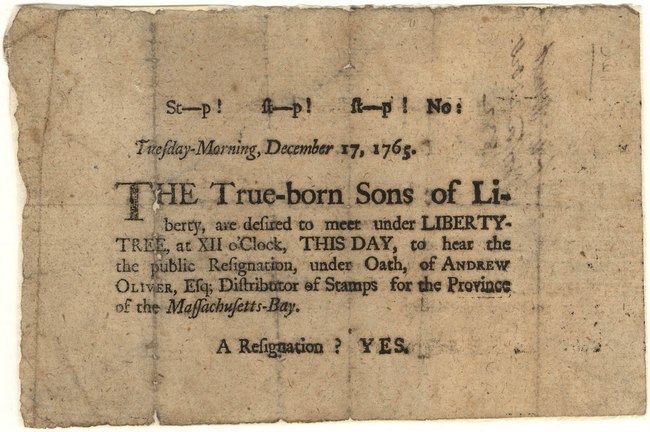
Source: en.wikipedia.org
Who organized the colonists’ resistance to British policies?
One group that played a significant role in organizing resistance was the Sons of Liberty, a group of colonial radicals. They organized protests, boycotts, and acts of sabotage against British officials and property. But many colonists, including some of the most prominent figures in American history, spoke out against British policies. For example, the First Continental Congress was convened in 1774 in response to the Coercive Acts, which were harsh measures passed by the British government to punish Massachusetts for the Boston Tea Party. The Congress called for a boycott of British goods and the establishment of committees of correspondence to coordinate resistance efforts between the colonies.
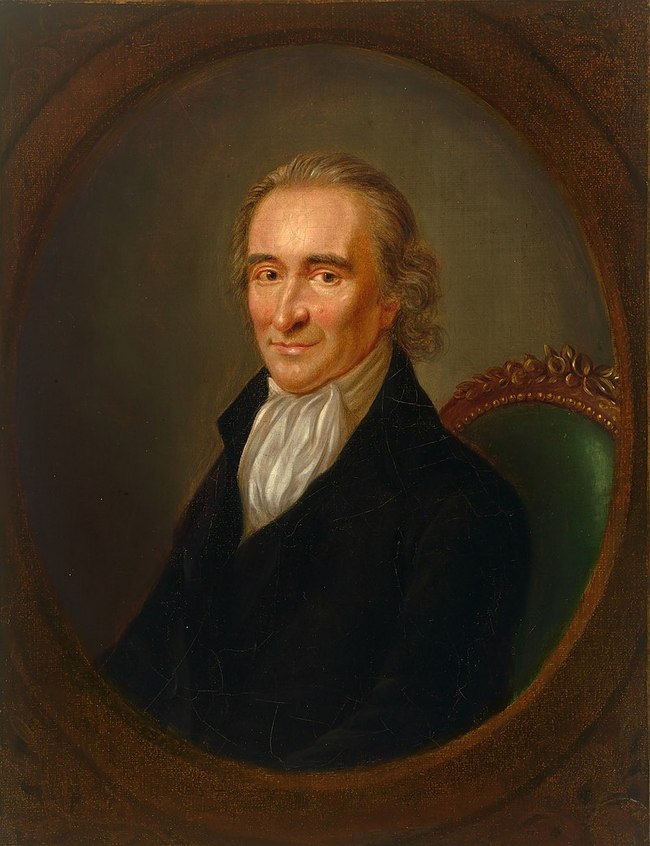
Source: en.wikipedia.org
How did the colonists’ resistance to British policies lead to the rise of revolutionary ideology?
As the colonists’ resistance to British policies grew, so did their revolutionary ideology. Many colonists began to question the legitimacy of British rule and argued that they had the right to govern themselves. Revolutionary thinkers, like Thomas Paine, argued that it was “common sense” for the colonies to break away from British rule and form their own independent government. This revolutionary ideology was widespread among the colonists and ultimately led to the American Revolution.
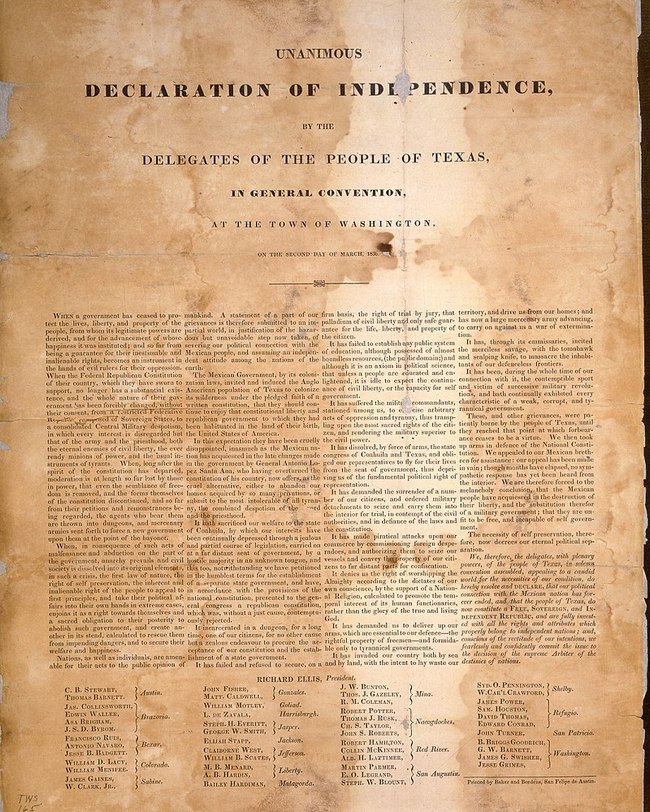
Source: en.wikipedia.org
You need to Know
What were the British government's policies that led to tension with the American colonies?
Who were the Sons of Liberty, and what role did they play in the prelude to the American Revolution?
How did colonial resistance to British policies escalate over time?
Who were some of the most prominent figures in American history who spoke out against British policies?
How did revolutionary ideology develop among the colonists?
What was the significance of the Boston Tea Party?
How did the prelude to the American Revolution ultimately lead to the Declaration of Independence and the Constitution?
In conclusion, the prelude to the American Revolution was a period of tension, hardship, and upheaval that lasted several decades. The British government’s policies in the colonies, colonial resistance, and the rise of revolutionary ideology were all significant factors that led to the revolution. The legacy of the revolution, including the Declaration of Independence and the Constitution, continues to shape American history today.
